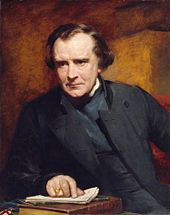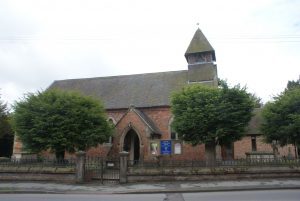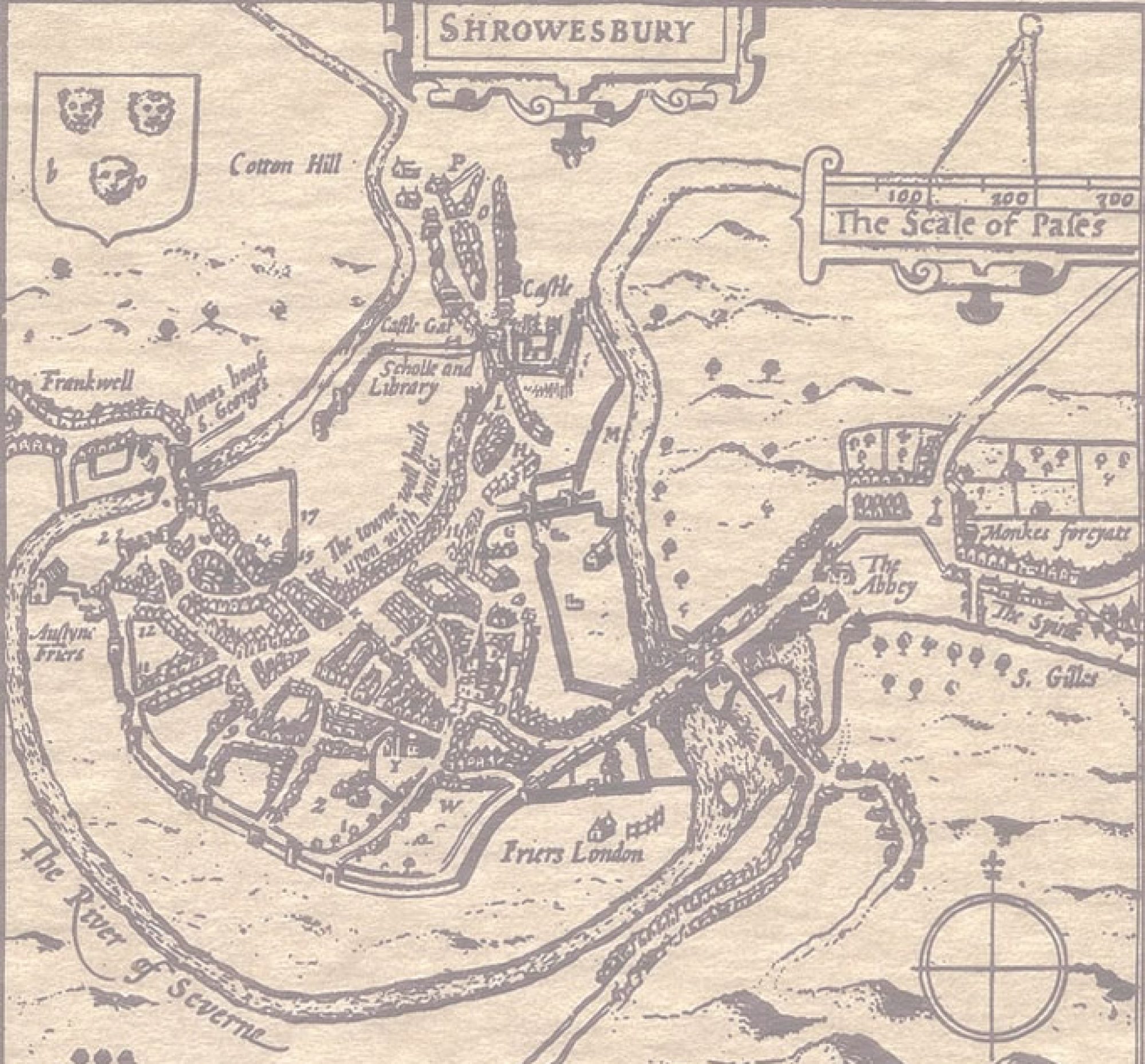Friday August 31st 1792
THE CROPS of hay in the North of England have, in many parts, been so large, as to be equal to the average quantity of two year’s growth; though much has been spoiled in the getting in.
THE ROYAL MAIL COACH, upon an entire new construction, in 22 hours, to London. Every morning at seven o’clock, through Wolverhampton, Birmingham and Oxford. Performed by Government authority with a guard. Carries four; insides only; fare £2 5s.
Friday August 29th, 1817
IT IS PAINFUL to record another melancholy accident occasioned by the practice of watering and washing post-horses at night in the Severn. On Tuesday night, two chaise drivers named Brayne and Oliver, belonging to the Lion Inn, on their return from Ellesmere, rode upon the bar of a chaise and drove it into the river at Bagley Bridge, where the depth and rapidity of the stream carried the horses off their feet. It was about ten o’clock and moonlight. Some inhabitants hearing the cries of the unfortunate men, hastened to the spot; and they arrived in time to witness the chaise, horses and men roll down the current and sink. The animals, with the vehicle, floated to Mardol Quay next morning, but the bodies of the men are not yet taken up.
Friday August 30th, 1867

THE BISHOP OF OXFORD [Rev Samuel Wilberforce] has delivered an address upon Sunday Schools, with every word of which we cordially agree. It has always seemed to us both a mockery of school and a perversion of the Lord’s day to see a number of very young children, a large proportion of whom have been at school six hours a day for five of the preceding six days, sent to school on Sunday mornings for two hours, and then transferred to church or chapel for two hours longer, where the beadle knocks their little hands if they go to sleep, and turns them out if they whisper and play – in other words if they show that they are really living children. Sunday schools have their place in our educational system, and the Bishop shows how they may be made useful. There is however, as we hope and believe, a good time coming when there will be facilities for instruction for every child during the six days, and when Sunday will be for every man, woman and child a day on which they may “rest and be refreshed”.
Friday August 31st, 1917
SUGAR TICKETS – The determination of the Government to exercise a more stringent control over food supplies and prices has been manifest in various directions during the last few weeks. For a scheme which is national in character to be effective, machinery of a complicated and extensive character must necessarily be set up. It is hoped to be made so complete as to ensure successful working, which is at present in the process of being evolved. The first step has been the formation of the local Food Control Committees which are to be responsible for the arrangements in the various areas. The first essential commodity to be dealt with is sugar, in regard to the distribution of which loud complaints have been made for a long time past.
Friday September 2nd 1977
LIBRARY: EXCITING FINDS – Exciting discoveries made at the town’s Castle Gates library while repair work goes on means that the building could become the site of an archaeological dig. Workers taking up part of the floor in the Riggs Hall building, parts of which are nearly 500 years old, found the remains of an even older cobbled floor from a building which stood on the site long before the hall was built. Not far away they found a mediaeval rubbish tip and a well preserved dagger. Now arrangements are being made for an archaeological dig at Riggs Hall to see if there are any more discoveries to be made. Mr David Knight and Mr David Tanner, both from the County Architect departments, both think that the cobbled floor was part of a family hall that used to stand on the site. “We think that this old hall would have been for a large family and servants, possibly with space for animals as well,” said Mr Tanner. The dagger, which could be something like 600 years old, was found in a rubbish tip.
Thursday September 3rd, 1992

DOUBLE WEDDING AT HANWOOD – Sisters Amanda Jane Jones and Nicola Mary Jones had a double wedding at St Thomas’ Church, Hanwood, taken by Rev Paul Towner. Amanda married Robert James Young, son of Mr and Mrs John and Mary Young of Larkhill Road, Copthorne, Shrewsbury. She is a Secretary with Shropshire Health Authority, and the groom is assistant manager of Morris’s Saverite. Nicola married Adrian John Tomkins, son of Mr and Mrs George and Ann Tomkins of Crowmeole Drive, Copthorne. The bride is also a secretary with the health authority, and the groom works for Shrewsbury and Atcham Borough Council. The brides were given away by their father.
Thursday August 30th 2007
COUNCIL DIGS DEEP TO PAY ARCHAEOLOGY BILL – Savings of £150,000 must be found to pay for spiralling archaeological costs at Shrewsbury’s multi-million pound theatre after the discovery of human remains set the project back by almost three months. Geoff Trantham, council architect, said the project was now behind schedule and not expected to be complete until February next year. A matrix of brick walls dating back 150-200 years was excavated and the skeletons found underneath. But the findings have incurred a cost of around £330,000 for which the council is partly liable.
